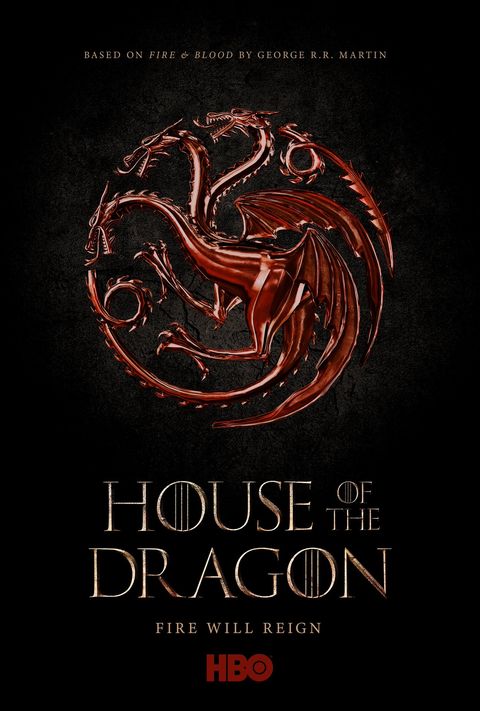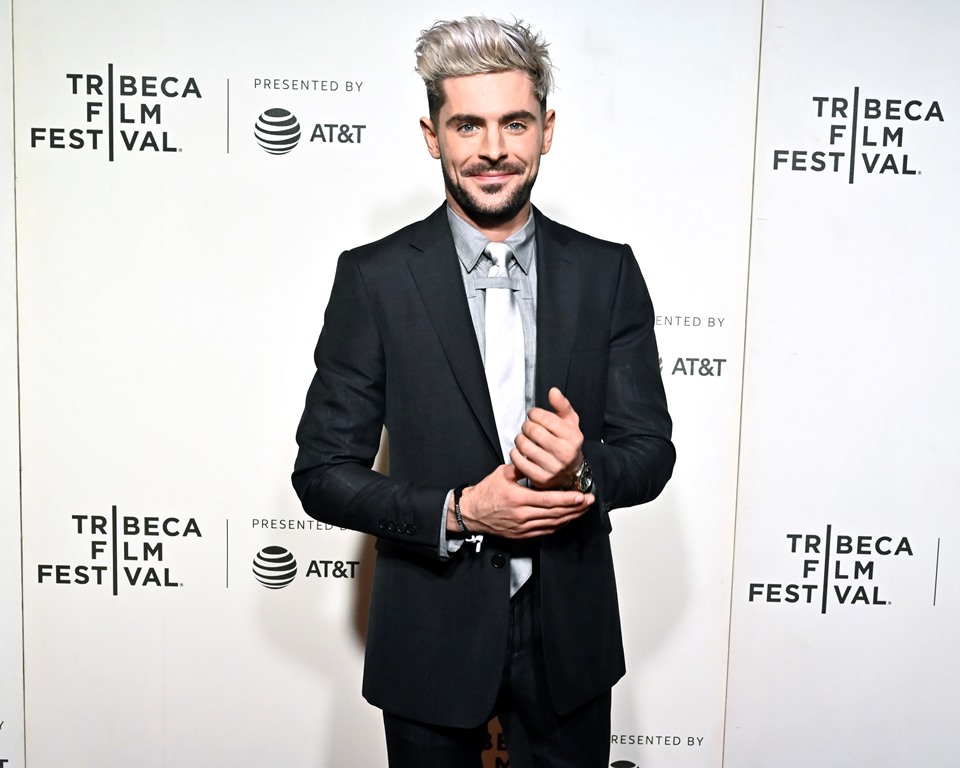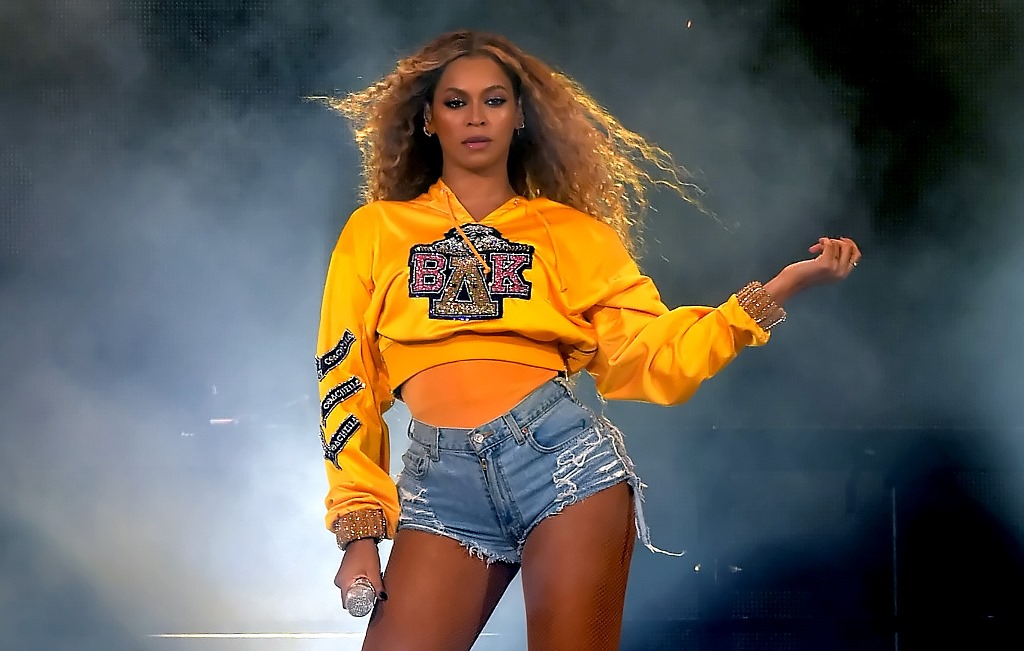Game of Thrones’ bad week continues



Okay, it’s not precisely Game of Thrones’ fault that showrunners David Benioff and D.B. Weiss left their Star Wars trilogy. But even if it’s not a direct impact on GOT itself, that event does contribute to the overall tainting of GOT’s legacy, which is still muddied with fan ire and the perception that Benioff & Weiss really boned the final season. Now there is news that DOES directly impact GOT—the prequel series starring Naomi Watts has been shelved. The would-be series was created by George R.R. Martin and Jane Goldsman (screenwriter of The Kingsman franchise), and was to be set thousands of years before the original series. It was supposedly about the “Long Night”, the period when ancient Westeros first fought White Walkers.
The pilot was shot in Northern Ireland over the summer, and just as with the original GOT pilot, there were rumors of problems and budget overruns. Ten years ago, when the first GOT pilot had problems and needed massive retooling and reshoots, then-HBO boss Richard Plepler stood by the series and authorized more money to be pumped into the pipeline to remake the pilot. Ultimately, he was rewarded with one of the biggest hits of the 2010s, and arguably the last watercooler TV show. However, HBO and its parent company, TimeWarner, came under AT&T’s rule late last year. By February of this year, Plepler, long held as the tastemaker of HBO, was out. That means that GOT’s first and best defender is gone, and it seems that GOT has become vulnerable to an increasingly conservative development strategy.
It’s a little strange to call the newly minted WarnerMedia “conservative” in its approach, because AT&T is committed to spending more money on content to combat Netflix. However, the investment is not about the quality of a few shows, it’s about ramping up production on more shows. (They’ll have fifty original series in 2021, more than doubling this year’s output.) Historically, HBO has been highly selective, but it had a relatively high success rate. With AT&T in charge, though, the emphasis is less on setting the taste curve and more about pumping out that sweet, sweet content to keep up with Netflix. That means less patience to stick with promising but troubled projects, especially ANYTHING going over budget. Richard Plepler, virtually autonomous at the old HBO, would gamble big to win big, and he won just often enough to cover the losses. AT&T, however, is much more risk-averse, and they have, in less than a year, proven more willing to cut their losses early (the DC Films development free-for-all, for instance, is over). So the GOT pilot not going forward tells me the new AT&T bosses overseeing a less independent HBO are not willing to keep feeding that particular beast and fix whatever is wrong with it.
This does not mean that HBO is done with Game of Thrones. There is still another prequel project called House of the Dragon which centers on House Targaryen. Hours after word got out that the Naomi Watts pilot was dead, HBO ordered House of the Dragon directly to series, eschewing their usual lengthy development process (and saving all that development cash). Frankly, between the two projects, a Targaryen show seems like WAY more fertile ground. For one thing, we just watched eight seasons of Starks and Lannisters and White Walkers. For another, we don’t really know House Targaryen. We only know Daenerys, and, a little bit, Viserys. We’ve never seen the Targaryens in power in Westeros, we’ve never seen Westeros when dragon riders were a regular sight. It’s a starker contrast with the world we know from the series.
I would love to know how this decision went down. Why shelve the Naomi Watts pilot? Was it just too esoteric, even by fantasy standards? Did something about the setup suggest it would bleed money? Because I can assure you, a Targaryen show won’t come cheap, not with dragons involved. And did NuHBO decide to go straight to series on House of the Dragon—rethink this title, please—because they just “wasted” millions on an unused pilot? AT&T wants HBO to be a cornerstone of their entertainment brand, so much so, their streaming platform is called “HBO Max”. But so far, they don’t invest in development the same way HBO traditionally has, and they don’t seem to have the patience to find the diamonds in the rough, either. We were let down by a Thrones show that rushed the ending. I hope we’re not let down by a Thrones show that rushes the beginning.

